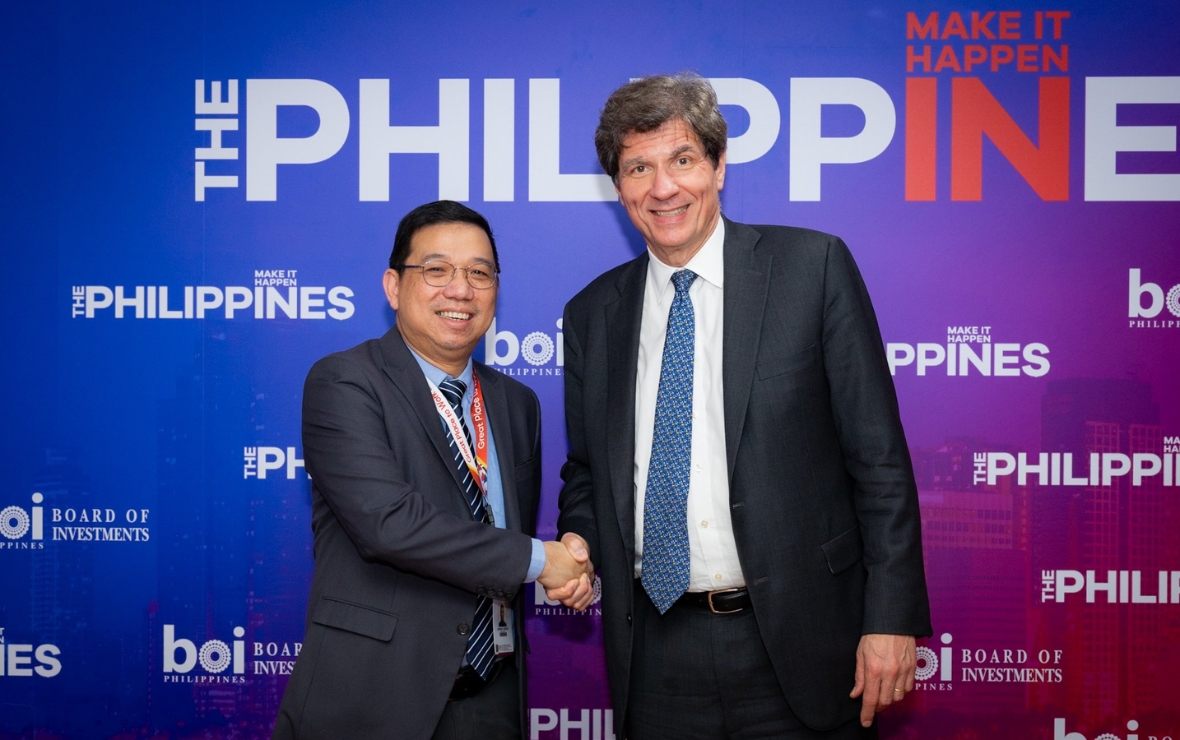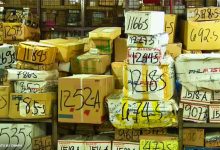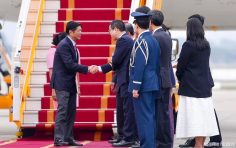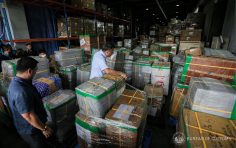TARGET ng Department of Trade and Industry (DTI) na makapagprodyus ng 128,000 engineers para sa semiconductor industry kasunod ng partnership ng Pilipinas at ng United States upang paunlarin ang domestic sector.
Ayon sa DTI, hangad ng bansa na makamit ang target na ito sa 2028.
Ang naturang inisyatibo ay sa likod ng desisyon ng US government na piliin ang Pilipinas bilang isa sa pitong country partners nito na tatanggap ng ayuda mula sa US sa ilalim ng CHIPS and Science Act. Sina DTI Undersecretary and Board of Investments Managing Head Ceferino Rodolfo at US Under Secretary for Economic Growth, Energy, and the Environment Jose Fernandez ay nagpulong noong nakaraang linggo sa pagbisita ng huli sa bansa upang selyuhan ang partnership sa strategic industries, partikular sa semiconductors, critical minerals, at renewable energy.
Sa isang press briefing dito noong nakaraang linggo, inanunsiyo ni Fernandez na isa ang Pilipinas sa mga bansa na napili ng US na makinabang sa USD500 million sa ilalim ng International Technology, Security, and Innovation (ITSI) Fund sa loob ng limang taon. Aniya, ang naturang pagpoppndo ay susuporta sa pagpapaunlad sa local semiconductor industry sa pamamagitan ng technical assistance at pagpapabuti sa local talents ng sekor.
Sinabi pa ni Fernandez na ang suportang ito ay makatutulong sa Philippine semiconductor industry na mapasigla ang private investments at workforce development.
“We welcome this strategic collaboration with the United States in semiconductors and critical minerals. This partnership not only reinforces the Philippines’ position as a key player in the global economy but also opens avenues for mutual growth and innovation. Together, we are charting a course toward sustainable development and economic resilience,” sabi ni Rodolfo.
Aniya, bukod sa pagprodyus ng 128,000 semiconductor-related engineers, layon din ng DTI na magtayo ng isang lab-scale wafer fabrication plant.
“Utilizing a more generic technology for commercial and educational purposes, the wafer fab lab aims to train and upskill the workforce, while enabling the local industry to do prototyping and some tape outs of semiconductor chip designs in the country instead of bringing them all the way to Taiwan,” sabi pa niya.
(PNA)









